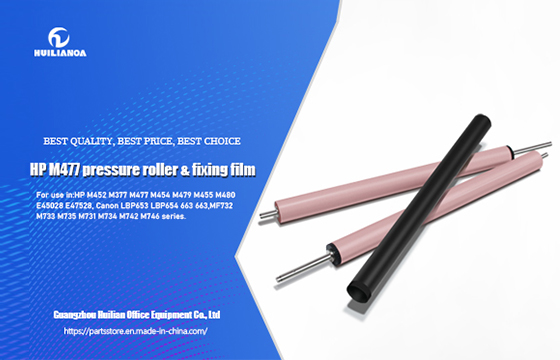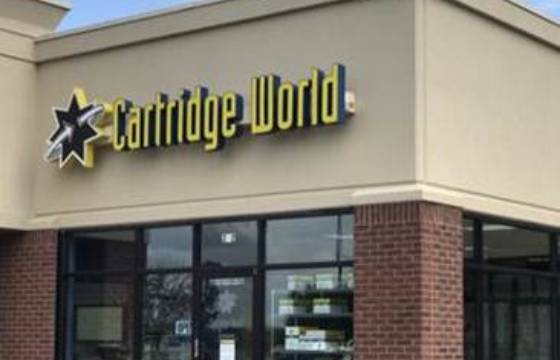HP Requests USPTO to Review One MPHJ Patent
HP has asked the United States Patent and Trademark Office (USPTO) to review one of MPHJ’s so-called Laurence Klein patents. MPHJ and its inventor, Laurence Klein, have been labeled “patent trolls” in the press, which Wikipedia defines as “a pejorative term used for a person or company that enforces its patents against one or more alleged infringers in a manner considered unduly aggressive or opportunistic, often with no intention to manufacture or market the product.”
HP has requested an inter partes review of U.S. patent 6,771,381 (the ‘381 patent). In an inter partes review, the requester can be any person except the patent owner, and the grounds for the request are the novelty and obviousness of the invention based on printed publications and patents, constituting the prior art.
HP’s petition argues that each claim of the ‘381 patent was anticipated by prior art and thus the inventions are unpatentable. The prior art that HP cites is largely its own, including the HP ScanJet 5 Scanner’s User Guide published in 1997, the HP ScanJet 4Si Scanner Technical Support Solutions Guide published in 1995, the HP LaserJet 3100 Product User’s Guide from 1997, and the HP 9100C Digital Sender User Guide from 1998. HP holds all the prior art disclosed “each and every limitation” of the ‘381 patent’s claims. It also cites HP’s U.S. patent 6,611,291 and U.S. patent 5,499,108 as examples of prior art that anticipate all the claims of the MPHJ-owned patent. In addition, HP claims that a press release on the HP ScanJet 5 anticipates certain claims of the ‘381 patent.
HP’s efforts might finally succeed in invalidating the MPHJ patent, but the process will not be easy and fast. The review process at the USPTO will take up to one year, but the final determination can be extended. Further, USPTO statistics from 2012 suggests that the petitions from HP will not necessarily succeed in canceling all claims of the MPHJ-owned patent.
Initiating an inter partes review with the USPTO can cost the requester up to $200,000. HP’s action shows its willingness to expend their resources and expertise to stop this patent-licensing scheme affecting their customers.



Leave a Comment
Want to join the discussion?Feel free to contribute!